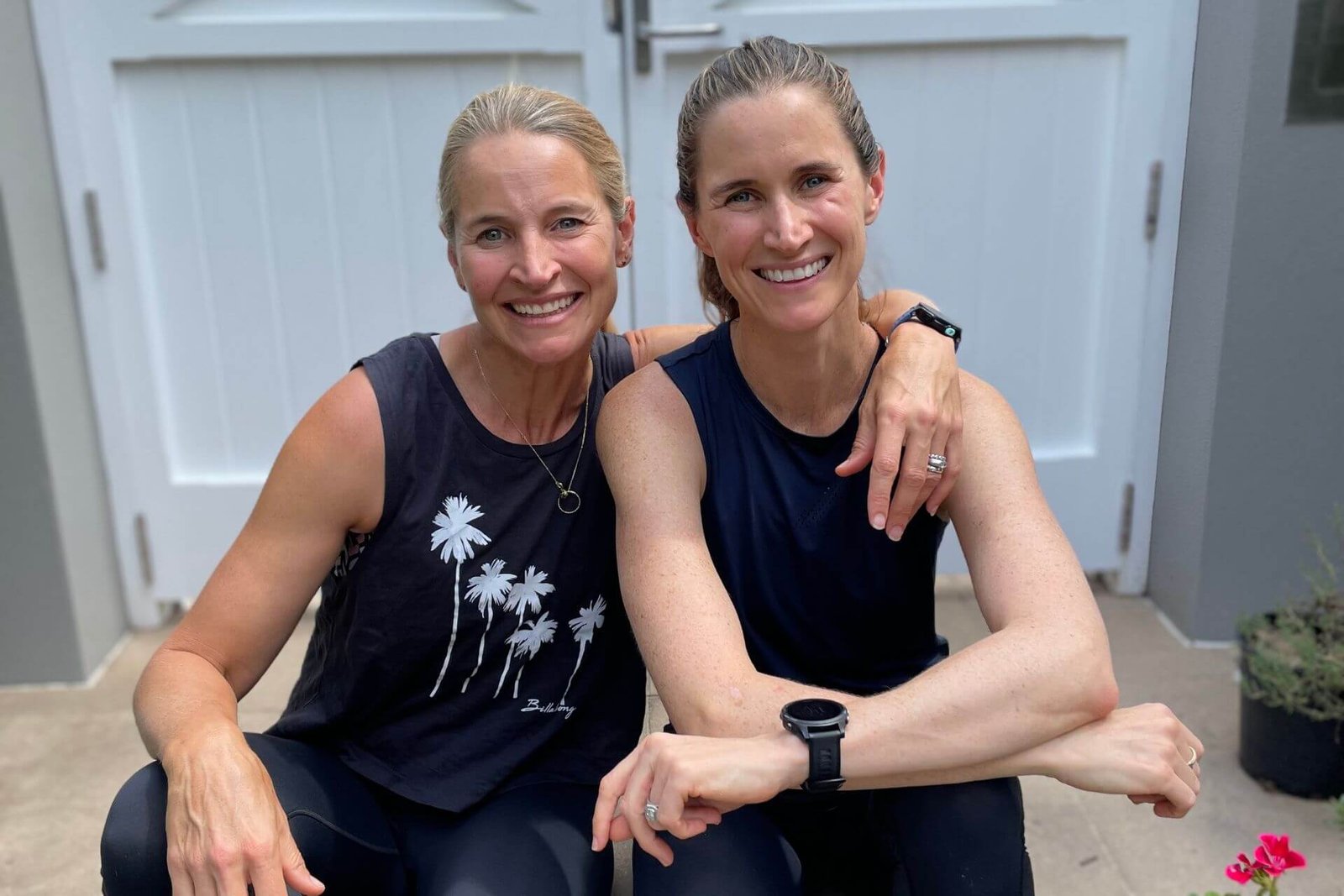Estrogen. We’ve all heard of it. We know we’ve got it but really what does it do? We have recently been very surprised how much we knew and more importantly DIDN’T know about this critical female sex hormone. While oestrogen is often considered the ‘female’ hormone, men also have estrogen but to a smaller degree. Most of us know the role Estrogen plays in regulating the female menstrual cycle, but as we’ve recently discovered, there is so much more!
Estrogen affects the reproductive tract, the urinary tract, the heart and blood vessels, bones, breasts, skin, hair, mucous membranes, pelvic muscles, and the brain. The hormone estrogen:
- is responsible for the sexual development of girls when they reach puberty
- controls the growth of the uterine lining during the menstrual cycle and at the beginning of a pregnancy
- causes breast changes in teenagers and women who are pregnant
- is involved in bone and cholesterol metabolism
- regulates food intake, body weight, glucose metabolism, and insulin sensitivity.
This hormone carries some weight, right girls?
Did you know that in our modern world it is surprisingly easy to throw the estrogen balance out? And that in itself can negatively impact our mood and mental health, lower libido, decrease our energy levels, affect our weight, and ultimately leave us open to possible health issues including hyperthyroidism, autoimmune disease, chronic fatigue and more.
There are two type of oestrogen imbalance – where our oestrogen is too low OR when our oestrogen levels are too high.
LOW ESTROGEN
Girls who haven’t yet hit puberty and women approaching menopause are most likely to experience LOW estrogen, but women of all ages can still develop low oestrogen. Some of the symptoms of LOW oestrogen are: Foggy Mind, Hot Flashes, Depression, Memory Lapses, Headaches, Vaginal Dryness, Irregular Periods, Urine Leakage, Sleep Problems and Bone density loss. Other factors / times that might see your estrogen level lower include:
- Hypogonadism (ovarian failure)
- Hypopituitarism (an underactive pituitary gland)
- Pregnancy failure (estriol)
- The peri-menopause and the menopause (estradiol)
- Polycystic ovarian syndrome (PCOS)
- Anorexia nervosa (eating disorder)
- Extreme exercise or training
- Medication use
- Period Immediately following childbirth
- During breast-feeding
HIGH ESTROGEN
While there is some overlap, symptoms of high estrogen include: bloating, swelling and tenderness in the breasts, decreased sex drive, irregular periods, headaches, mood swings, fibrocystic developments in the breast, weight gain, hair loss, cold hands or feet, feeling tired or lacking energy, difficulty with memory, trouble sleeping or even increased symptoms of PMS.
High estrogen generally comes about when a women has / or is going through any of the following:
- Puberty
- Overweight and obesity
- High blood pressure
- Diabetes
- Healthy pregnancy
- Tumors of the ovaries or adrenal glands
- Extreme exposure to chemical estrogens (found in pesticides, cleaning products, personal care products i.e. shampoo & conditioner, plastic (more specifically BPA)
- Medications such as steroids, ampicillin, estrogen-containing drugs, phenothiazines, and tetracyclines
You can see how important it is to keep our Estrogen in balance, so how can we naturally attempt to balance our Estrogen levels?

- Eat real foods and ensure you include enough healthy fats in your diet
- Limit caffeine
- Avoid harmful chemicals
- Prioritise sleep (it is extremely difficult to achieve balance if you are not getting enough sleep!)
- Exercise wisely – long extended periods of exercise may actually make the problem worse in the short term
- Improve your gut health
If you are experiencing any of the above symptoms (and let’s face it, who isn’t every now and again!), it may be your oestrogen levels out of whack! Start with these natural ways to improve your estrogen balance and if you don’t experience an improvement in your symptoms, please consult with your health professional for next steps.
Check out our RECIPES page for some yummy dishes where we use lots of whole foods (new ones being added each week) and in our FREE STUFF page – download our 5 Tips to Better Health for a great place to start!
And if you haven’t already, read the BLOG post by guest blogger, Carissa Anne Mason (Nutritionist) Why is Gut Health Important for Healthy Hormone function?
Anna & Em xo






